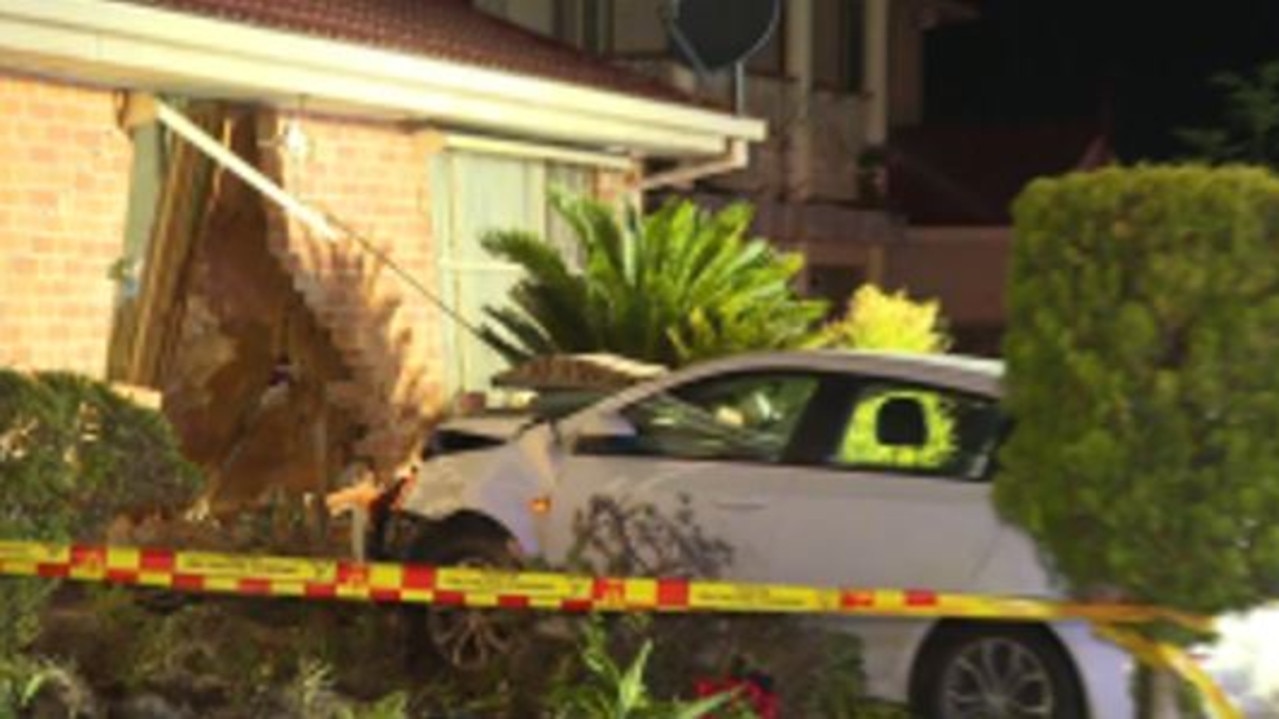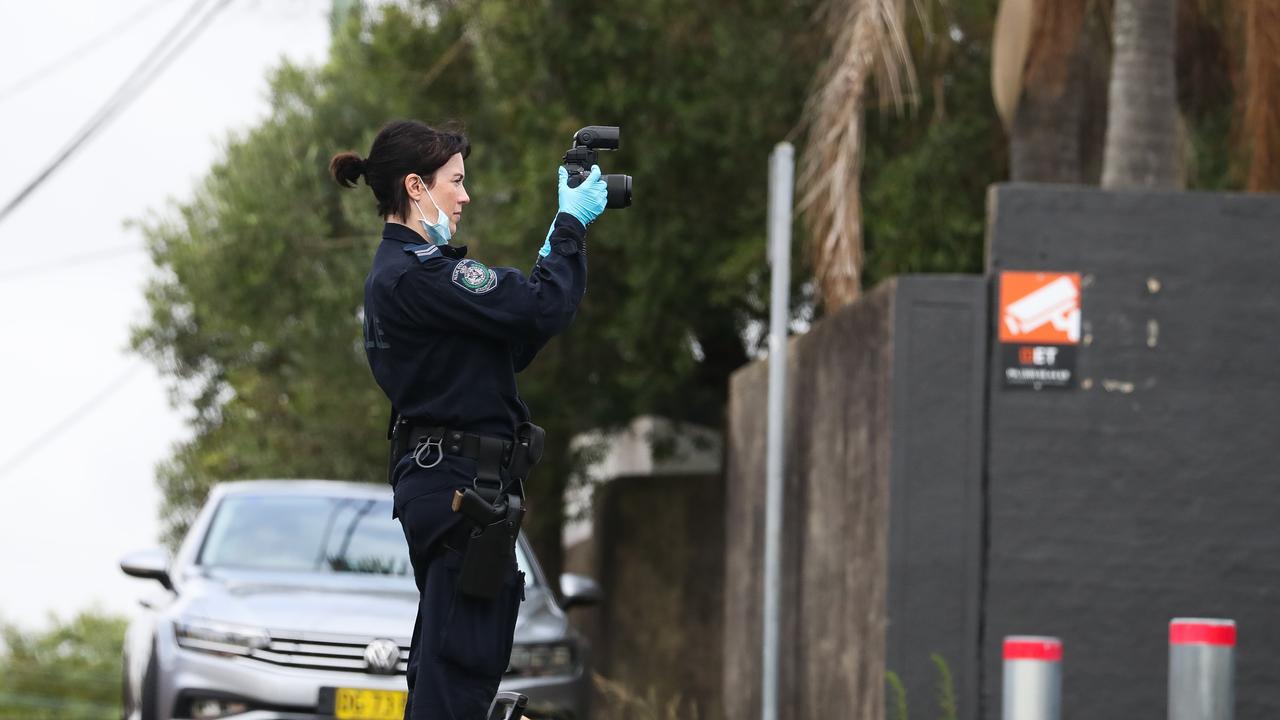Bilal Hamze murder: Family fights to ease ban to congregate at funeral
A lawyer for the notorious Hamze family will fight to have restrictions around them relaxed in the wake of the Bilal Hamze’s execution-style murder.
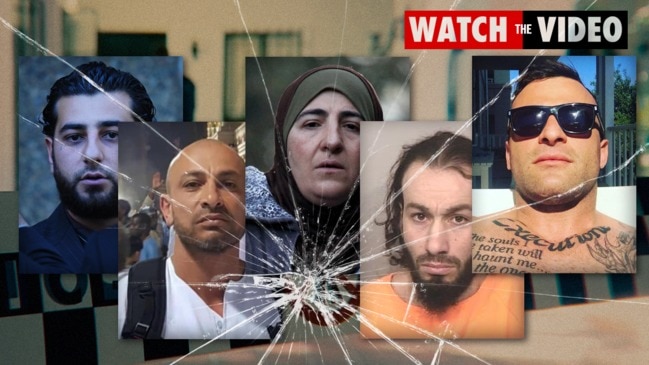
Police & Courts
Don't miss out on the headlines from Police & Courts. Followed categories will be added to My News.
Strict orders banning members of the notorious Hamzy family congregating together could be relaxed so they can mourn the death of Bilal Hamze.
But, if granted, the reprieve will be short-lived as police don’t want grief-stricken relatives to use the freedom to communicate to plot revenge.
Hamze, 34, was shot dead in Sydney’s CBD on Thursday night after he left dinner at a Japanese restaurant.
The public execution has the underworld and police on edge and bracing for further violence.
Hamze’s cousin, Mejid Hamzy, was murdered outside his home in Condell Park last October. The violence prompted police to apply for serious crime prevention orders (SCPO) against members of the Hamze and rival Alameddine families.
The two networks have been engaged in a volatile dispute for years but the violence has escalated in recent months.
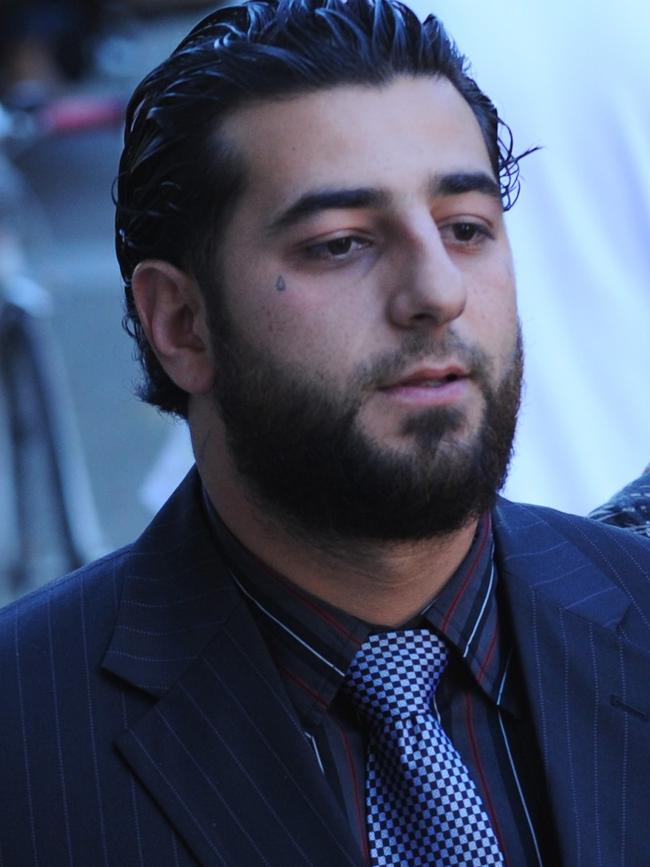
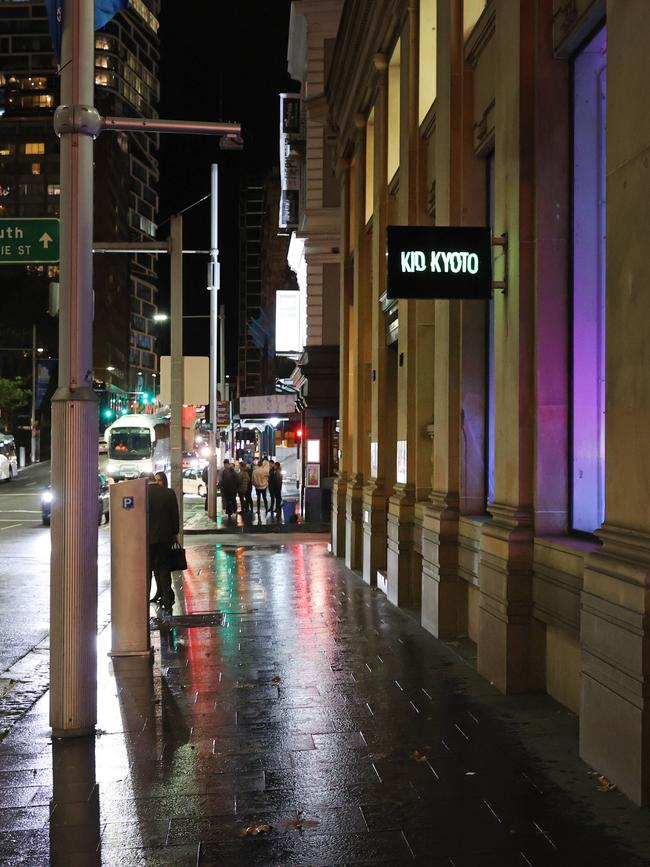
The NSW Supreme Court granted the orders against Ibraheme Hamze, Bilal Hamze’s brother, and his cousin Ghassan Amoun.
As a result, the men were banned from associating and communicating with some members of their own family.
On Saturday, Ahmed Dib, a defence lawyer acting for members of the Hamze family, filed an application in the NSW Supreme Court to have the strict conditions amended.
“In these emotional and distressing times, families are there to support each other. On that basis I have made an application to the Supreme Court to allow them to communicate during their time of grief,” he said.
If the restrictions are granted, the cousins will be able to talk to each other at Hamze’s funeral at Lakemba mosque on Thursday.
Police will likely be there and in the community over the coming days as they tackle the “substantial risk of reprisals”.
“We will be opening doors, kicking down doors, we will be tipping people over, we will be talking to them,” Criminal Groups Squad Detective Superintendent Robert Critchlow said.
“We will be harassing them within the law to make sure they know we are there.”



